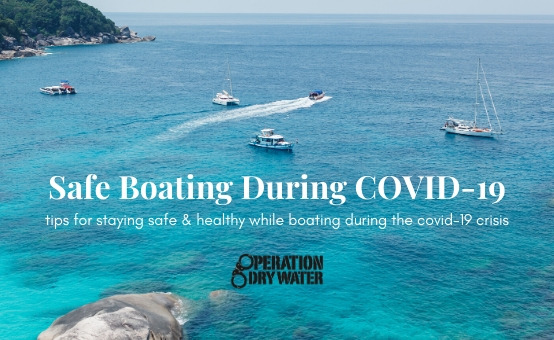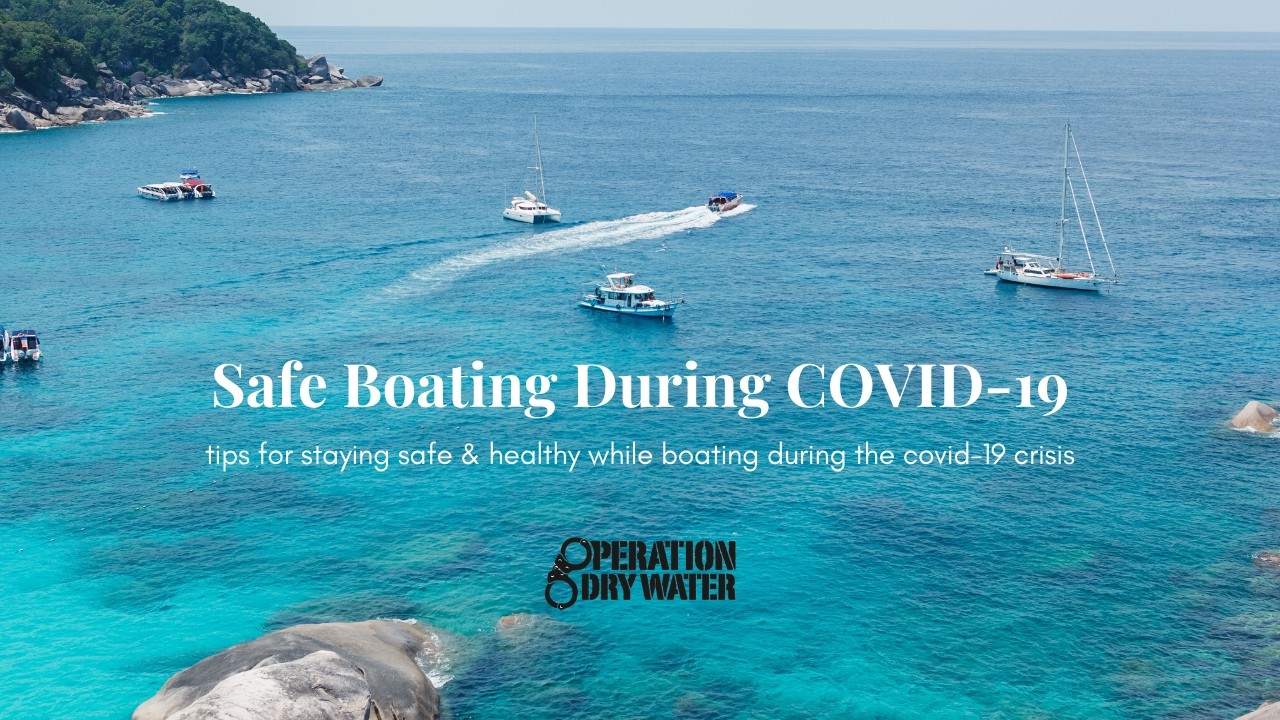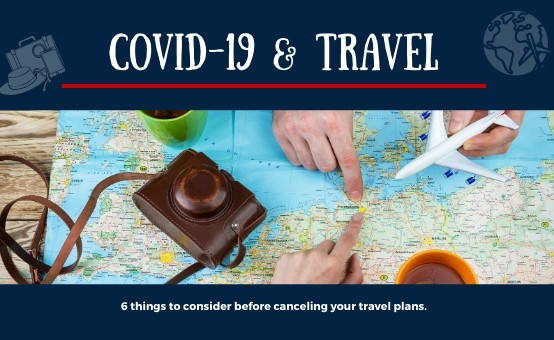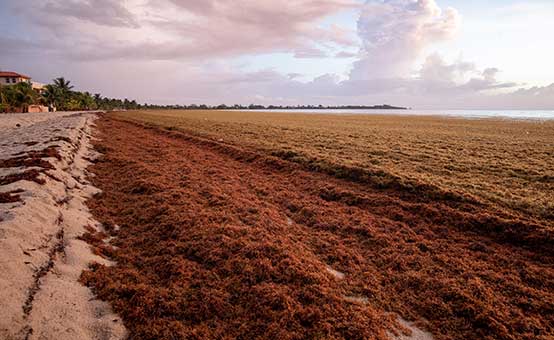

By Operation Dry Water
BOATING SAFETY | Jun 16, 2020
During the upcoming 2020 Operation Dry Water weekend, July 3-5, thousands of officers will be on the water nationwide ensuring the safety of boaters and deterring any dangerous activity, including boating under the influence. The Operation Dry Water campaign encourages all boaters to boat responsibly and take extra precautions this boating season in response to the current Coronavirus health crisis.
The Operation Dry Water campaign, coordinated by the National Association of State Boating Law Administrators (NASBLA), offers these ten tips for practicing social distancing and keeping not only yourself, but other boaters and law enforcement officers, safe and healthy while boating.
About Operation Dry Water
Operation Dry Water is a year-round boating under the influence awareness and enforcement campaign. The mission of ODW is to reduce the number of alcohol- and drug-related accidents and fatalities through increased recreational boater awareness and by fostering a stronger and more visible deterrent to alcohol use on the water.
Operation Dry Water's heightened awareness and enforcement three-day weekend takes place annually around July fourth, a holiday unfortunately known for drinking and boating, and deadly accidents. The campaign is produced under a grant from the Sports Fish Restoration and Boating Trust Fund and administered by the U.S. Coast Guard.
MORE FROM
SAFE PASSAGE

TRAVEL SAFETY | Mar 11, 2020
COVID-19 and Travel: 6 Things to Consider Before Canceling Your Travel Plans

TRAVEL HEALTH | Mar 2, 2020
Sargassum Toxicity: More Than An Eyesore, It Can Also Make You Sick
THIS WEBSITE DOES NOT PROVIDE MEDICAL OR DENTAL ADVICE.
It is intended for general informational purposes only and does not address individual circumstances. It is not a substitute for professional medical or dental advice, diagnosis or treatment and should not be relied on to make decisions about your health. Never ignore professional medical or dental advice in seeking treatment because of something you have read on the DAN Boater website. If you think you may have a medical emergency, immediately call your doctor, dial 911, or contact emergency services nearest you.